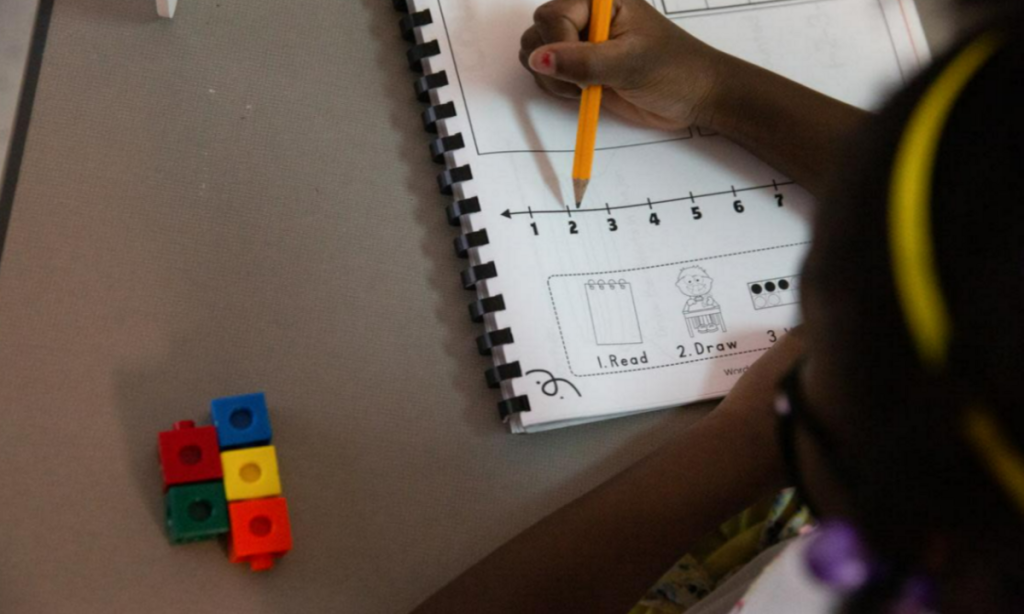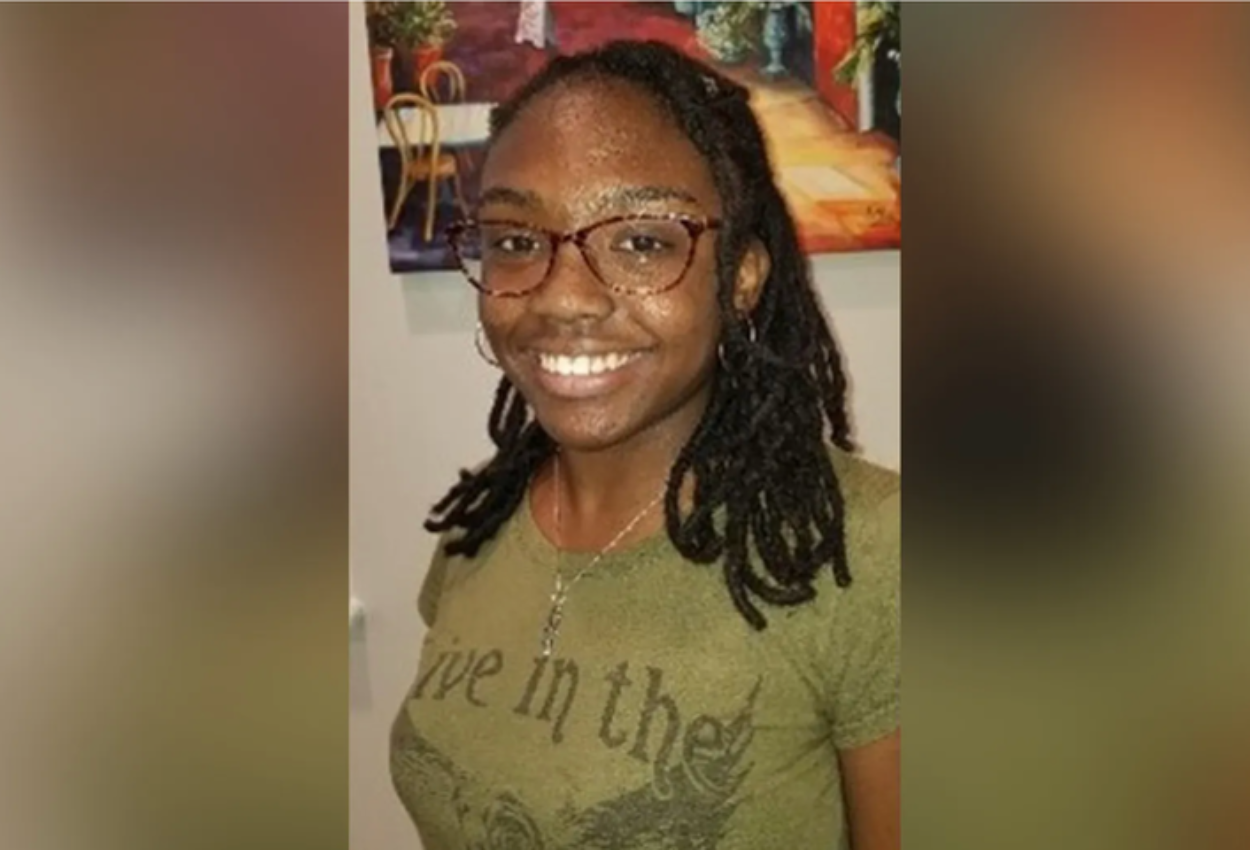The Texas Senate is set to discuss a proposed school voucher program, also known as school choice, in a committee hearing this week. Senate Bill 2, a new proposal, would allow families to use taxpayer dollars to pay for private education. Under this plan, parents would receive up to $10,000 per eligible child to help cover the cost of private schooling.
The bill, which was filed last Friday, aims to create an education savings account program for families across Texas. It will be presented to the Senate Committee on Education K-16 during a hearing on Tuesday.
Supporters and opponents of the program are already making their voices heard across the state, with some backing the plan as a way to give families more educational choices, while others are concerned about its impact on public schools.
Supporters of the Voucher Program
One of the key supporters of the proposal is Joel Enge, the director of Kingdom Life Academy (KLA) in Tyler, Texas. KLA is a small, non-traditional school that primarily serves low-income, minority families. Enge believes the voucher program could provide much-needed assistance for families who cannot afford private education.
“As a director of a school that targets low-income families, it would definitely help us because so many of our parents can’t afford a private education,” Enge explained. He went on to say that many students at KLA need more personalized attention and smaller class sizes to thrive. “I’ve seen that many kids need more time processing and need smaller classroom settings where they can learn more effectively.”
Enge founded KLA with the goal of providing an educational option better suited to students who need more individual attention. He sees the voucher program as a way for families to access this type of education, particularly when they feel public schools are not meeting their children’s needs.
Supporters of the voucher program argue that families should have the option to use state funds to send their children to private schools if they believe public schools are not adequately serving them. By giving families this freedom, they believe it could improve educational outcomes for students.

Opponents’ Concerns
However, not everyone is in favor of the voucher program. Opponents argue that diverting taxpayer money to private schools could hurt public schools, which rely on state funding based on student attendance.
Lamond Dean, the superintendent of Chapel Hill ISD, has voiced concerns about the potential impact of the voucher program. “It’s important that we all support the thought process of choice. But at the same time, we feel strongly about the education we provide for more than 5.5 million students in Texas,” said Dean. He added that while parents should be able to choose the best school for their children, the current narrative about public education in Texas is misleading.
Dean expressed his belief that the public education system in Texas is strong and that the voucher program might undermine public schools by reducing their funding. He also emphasized the hard work of educators and the opportunities they provide to students every day.
The Ongoing Debate
The voucher program proposal has sparked a larger conversation about the future of education in Texas. Proponents argue that school choice is essential to improving the educational experience for children, especially for those in underserved communities. Meanwhile, opponents worry that shifting funds to private schools could take away resources from public schools and hurt students who rely on those schools for their education.
As the Texas Senate prepares for the committee hearing, the debate over school vouchers is likely to continue, with many eyes on how lawmakers will ultimately vote on the proposal.
What’s Next for the Voucher Program?
The Texas Senate committee hearing will be an important step in the process of deciding whether or not to move forward with the voucher program. If passed, it would open up new educational opportunities for families, but it also raises questions about the impact on public education in the state. Both supporters and opponents will continue to make their case as the discussion moves forward.
Disclaimer—Our team has checked this article to ensure its accuracy and eliminate any misinformation. We are committed to providing clear and reliable information for our readers.




